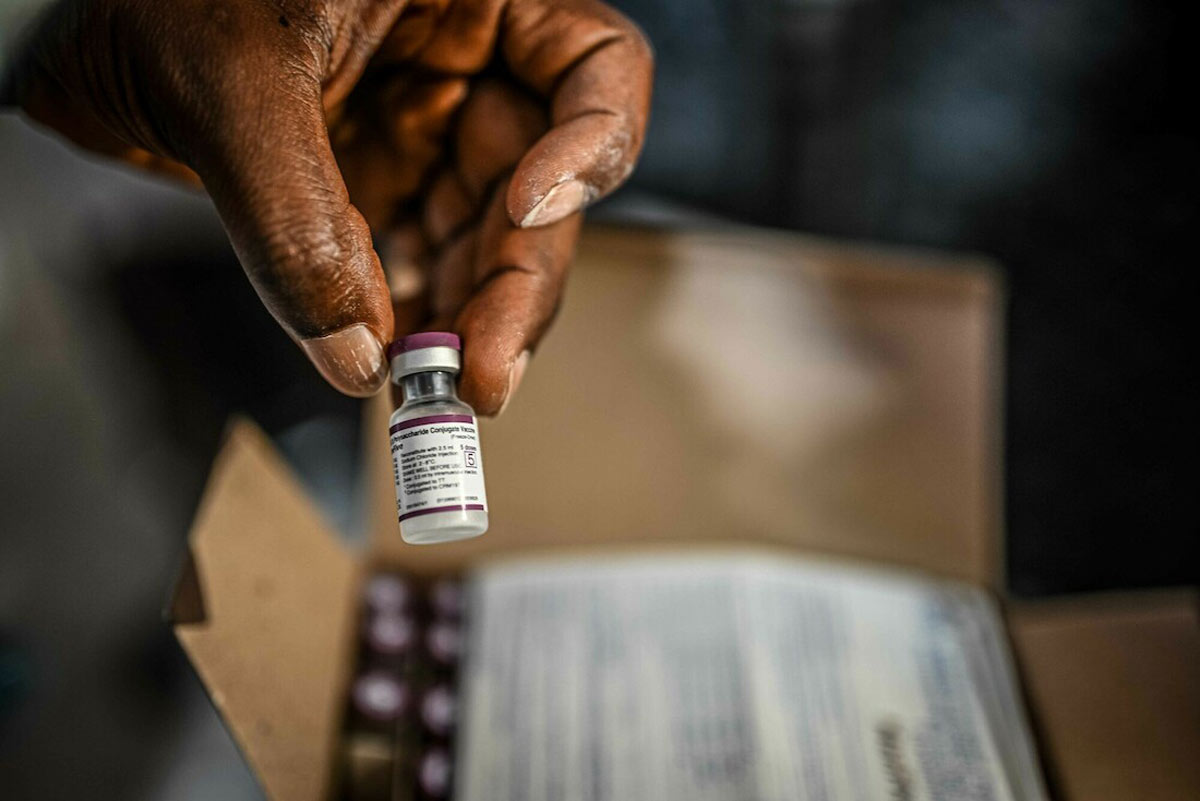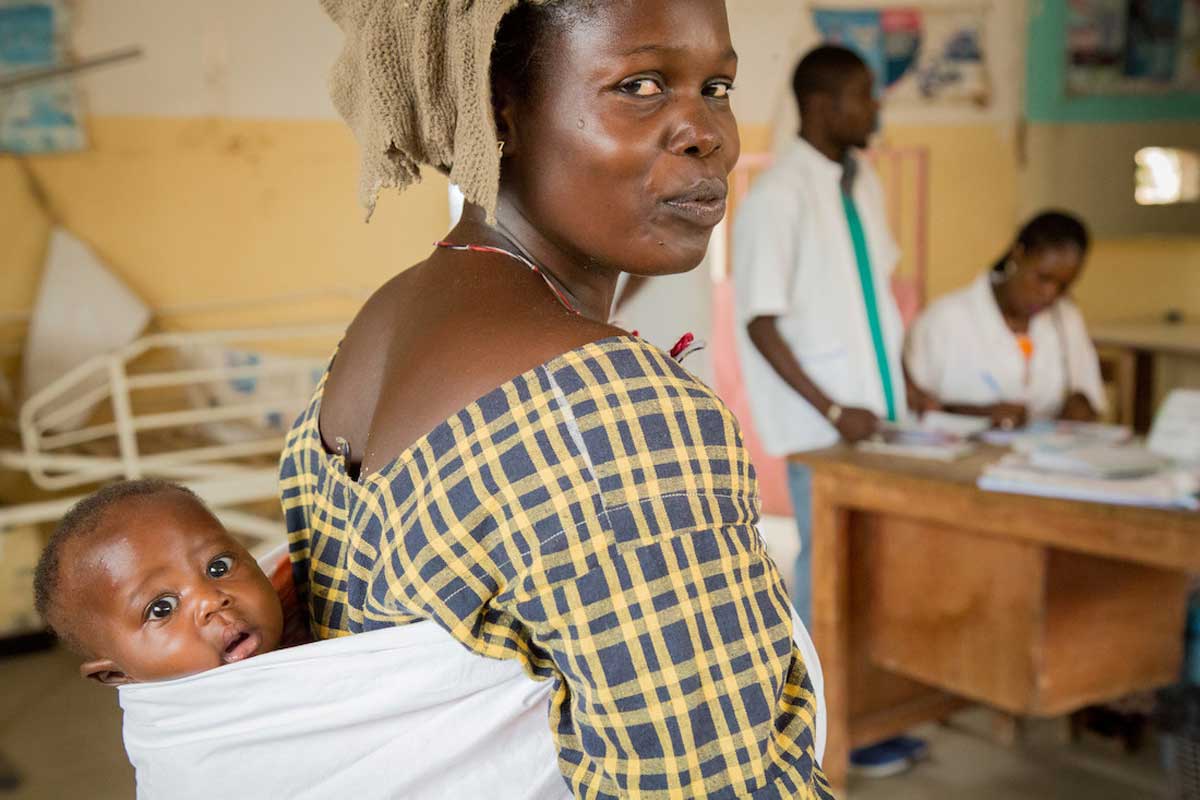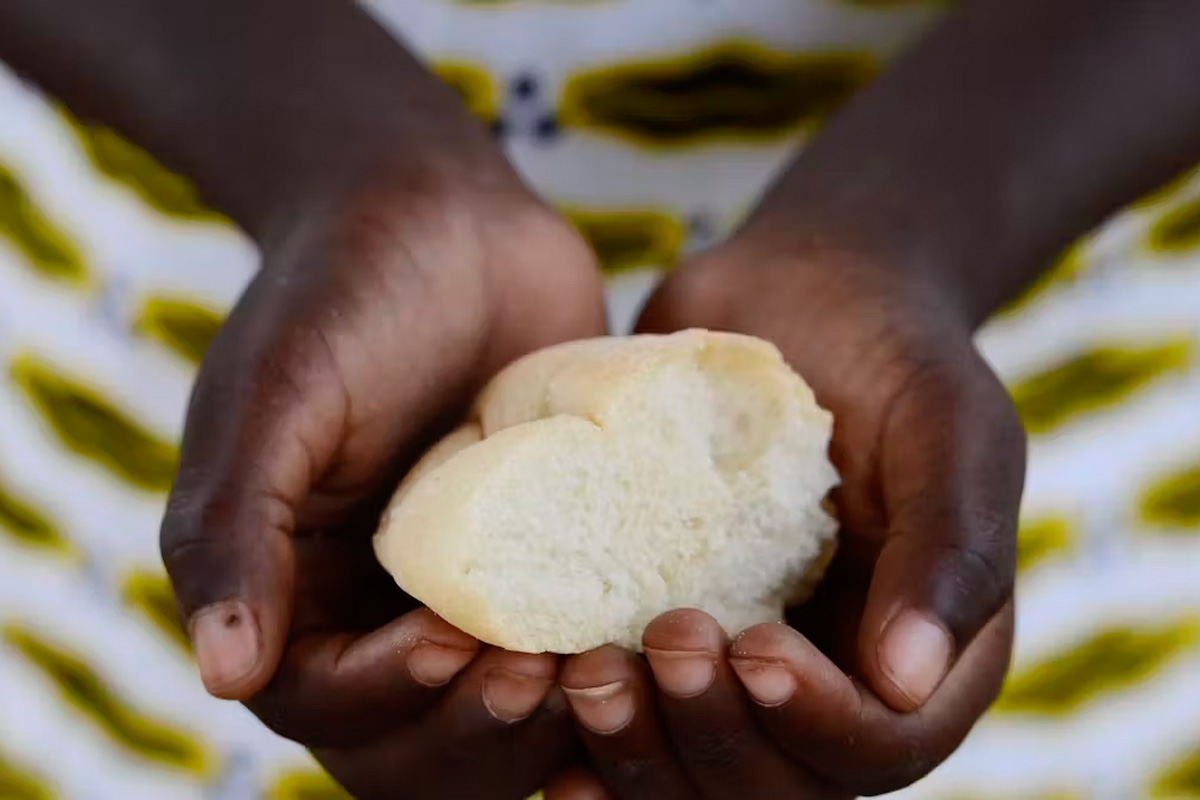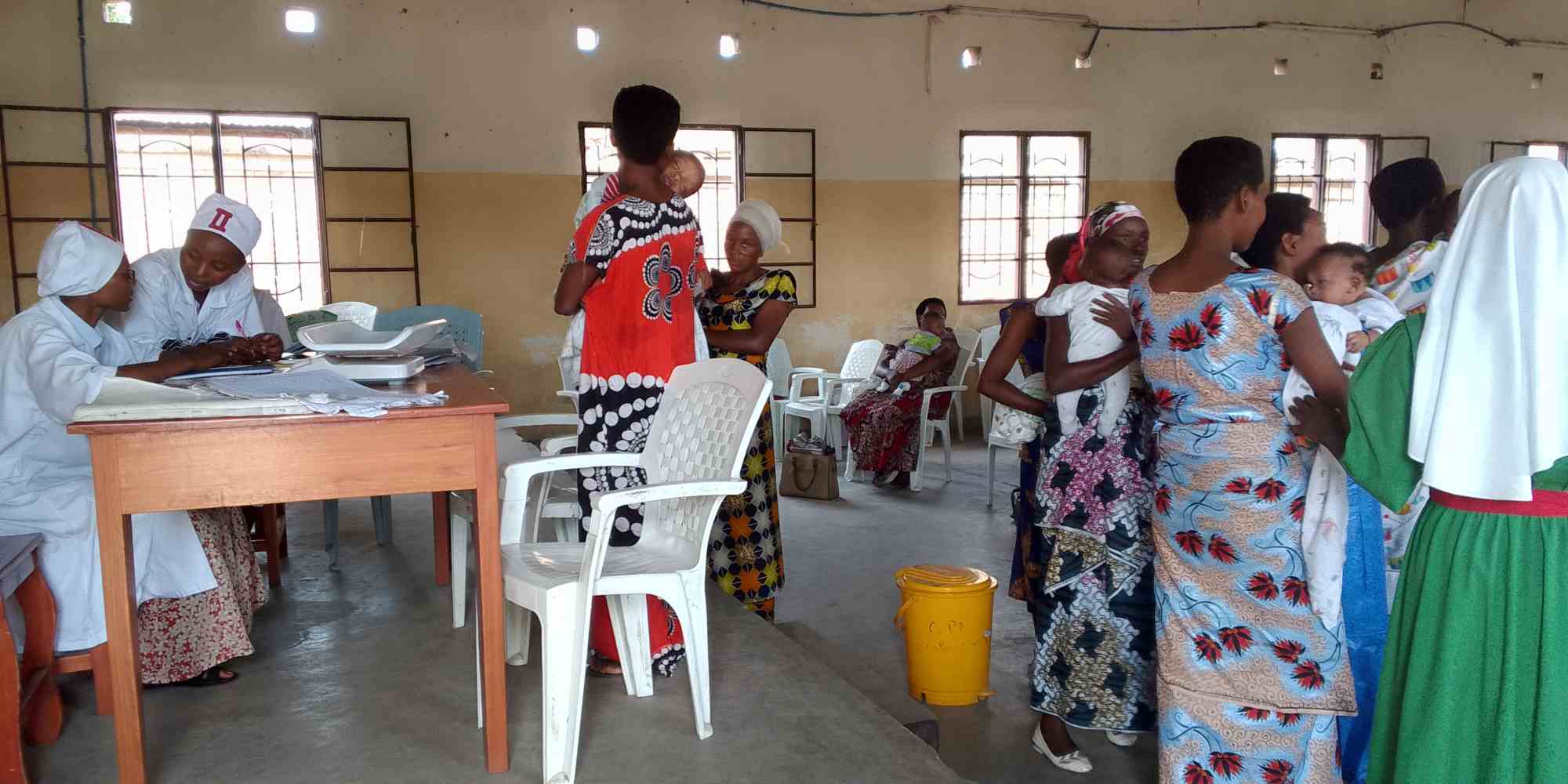COVID-19 vaccines have saved 20 million lives so far, study estimates
Deaths from COVID-19 were two-thirds lower than they otherwise could have been during the first year of the vaccination programme, mathematical modelling suggests.
- 27 June 2022
- 3 min read
- by Priya Joi
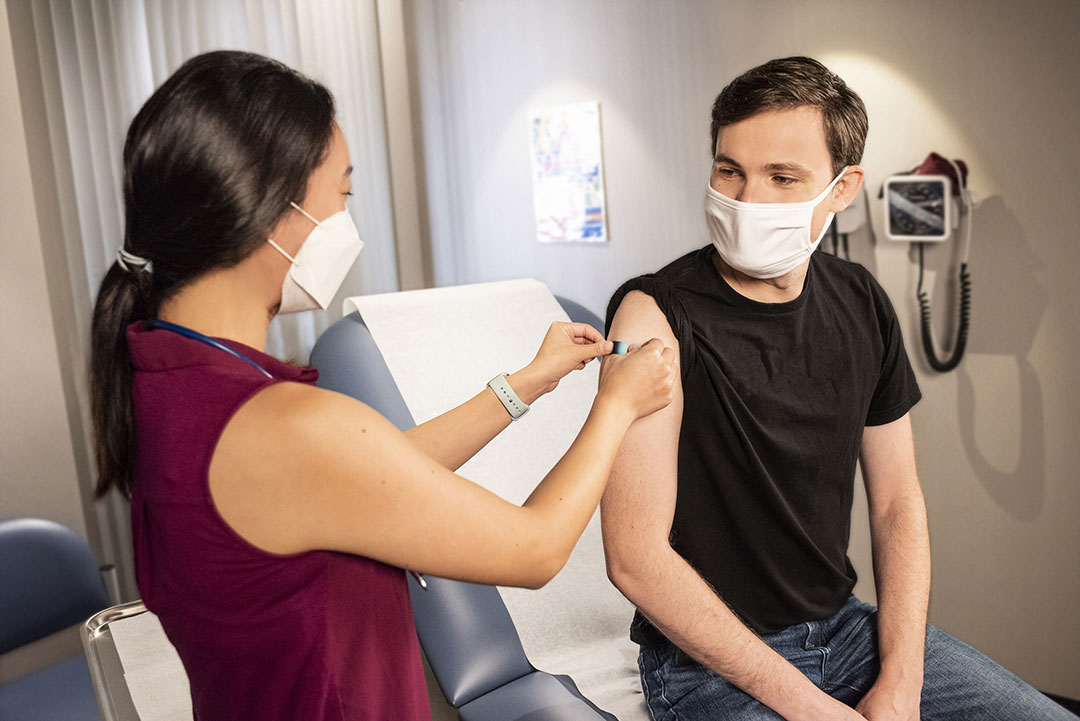
What is the research about?
Just under a year after COVID-19 was identified, the first vaccines were being delivered into patients’ arms – the start of a worldwide vaccination campaign that continues today. This unprecedented global effort to develop and produce vaccines was accompanied by the COVAX initiative, which sought to guarantee equitable delivery to low-income countries. This study aimed to estimate the impact of the global COVID-19 vaccination programme during its first year.
COVID-19 vaccines have saved millions of lives, and rapid, widespread access to them made a difference; one notable finding is that high-income countries had more lives saved per vaccine because people had access to them sooner.
What did the researchers do?
Researchers at Imperial College London’s MRC Centre for Global Infectious Disease Analysis used country-level estimates of COVID-19 deaths that occurred between 8 December 2020 and 8 December 2021 to compare COVID-19 mortality in countries where vaccines were available, versus those where no vaccines had been delivered during that period. For countries lacking robust surveillance systems, they used a proxy indicator of the number of excess deaths recorded above the expected level.
What did they find?
They found that 19.8 million COVID-19 deaths were prevented in 185 countries during the first year of COVID-19 vaccinations – 63% lower than the number could have been without vaccination.
However, they calculated that that reduction could have been even higher if the World Health Organization (WHO) target of vaccinating 40% of each country’s population by the end of 2021 had been reached – equivalent to additional 599,300 lives saved.
Meeting the COVAX target of 20% coverage in the 92 low- and middle-income countries it supports by the end of 2021 could have prevented an extra 81,750 deaths – although this target was in fact met in January 2022, shortly after the study period ended, so it’s possible that lives saved were not accounted for in the researchers’ calculations.
Have you read?
The researchers acknowledged some limitations in their estimates, such as not accounting for how the virus might have evolved in the absence of vaccines. They also didn’t factor in the effect of lockdowns or mask wearing, had vaccines not been unavailable.
What does this mean?
COVID-19 vaccines have saved millions of lives, and rapid, widespread access to them made a difference; one notable finding is that high-income countries had more lives saved per vaccine because people had access to them sooner.
Despite these lives saved, inequity has characterised the pandemic and continues to do so, with hoarding, export bans and restrictions stopping vaccines from getting to the most vulnerable. Solving this will be crucial to ensure that no regions or countries are left behind in future outbreak responses.
“Our findings show that millions of lives have likely been saved by making vaccines available to people everywhere, regardless of their wealth. However, more could have been done,” said Dr Oliver Watson, who led the modelling study.
For future pandemics, contingent financing must be made available for vaccine production and delivery upfront. In addition, health systems need to be strengthened ahead of time to ensure that doses, when available, reach people as quickly as possible.
